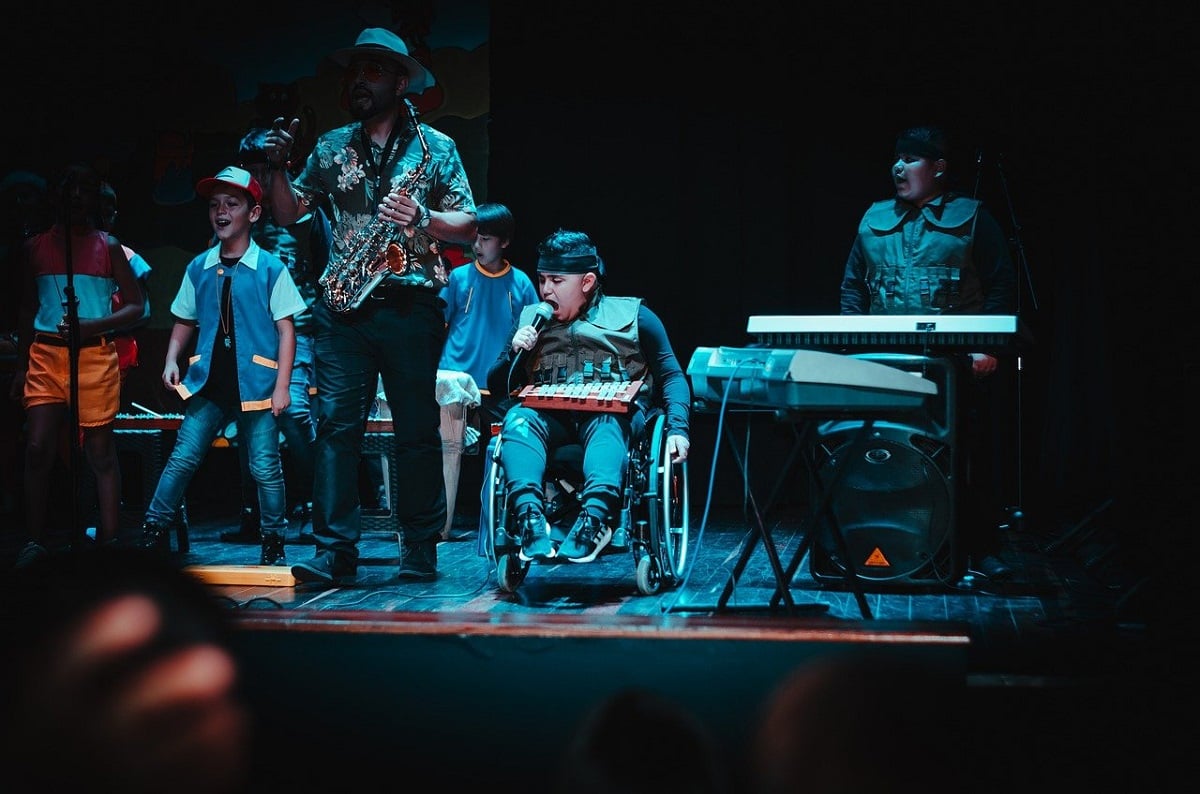
Disability access riders should become standard practice, advocates say
Photo: PipeVasquez Vasquez
Half of disabled music workers don’t disclose conditions
Music industry workers are putting their health and safety at risk over fear of negative reactions and damaging their career prospects.
More than half of disabled music industry workers avoid disclosing their condition out of fear of discrimination, new research indicates.
70% of respondents to a recent consultation said they compromised their health and wellbeing in the workplace by withholding details of a non-visible disability.
Previous negative experiences and concerns about stalling their career were cited by two out of three workers.
READ MORE:
- Employment guide to eliminate barriers for disabled musicians
- Opinion: Hiring emerging disabled artists isn't radical
The research, funded by Arts Council England (ACE), was designed and overseen by Harbourside Artist Management’s Ben Price, who was influenced by his own lived experience: “I myself have a disability that I didn’t feel able to disclose, and I wanted to explore the perspectives of others in a similar position.”
Price hopes the findings will spark discussions around improving disabled representation in the music industry.
“The aim is to encourage an environment where conversations [around disability] are normalised.
“[Then] more people with a disability or long-term health condition can be welcomed into the industry at all levels without barriers.”
Price’s work is supported by ACE research that found just 1.8% of music industry workers identify as having a disability – 10 times lower than the UK average.
It’s the lowest percentage of disabled workers across ACE-funded art forms including dance, literature, museums, theatre and combined and visual arts.
Founder of disability charity Attitude is Everything Suzanne Bull said this shouldn’t be accepted as inevitable.
“Together we can forge our way through so that the music sector becomes a welcoming, open, inclusive and exciting career prospect to deaf, disabled and neurodiverse people.”
Venue access issues
Venue accessibility was a major barrier for two thirds of those surveyed, who said it discouraged them from entering the industry.
Mystery Jets frontman Blaine Harrison said disability riders should become standard practice at music venues.
“If these things have been thought of for you, it just takes the anxiety out of touring. You shouldn’t have to worry about that as an artist.”
More than half of respondents classified less than a quarter of music venues as access friendly. Access to stages and health and safety issues backstage polled among the most frequent barriers.
Price said accessibility goes beyond the “all too apparent” issues with physical spaces.
“You can’t expect every venue to be completely disability friendly for all disabilities but they need to be adaptive.”
He said venues should educate staff members on how to work with different disabilities and be prepared to have open conversations around accessibility.
51% of consultation respondents said they have encountered issues with the attitude of venue staff members.
“If disabled people feel they can disclose details of their condition and will be listened to about their access needs, that would go just as far as a venue investing money in physical access improvements,” Price said.
Lack of representation
Respondents to Price’s consultation said the lack of visibly disabled people in the music industry is driving their underrepresentation in the workforce.
Media portrayals of disabled people, a lack of opportunities for youth, and the industry’s reputation for long, inflexible hours were considered barriers by 70% of participants.
Bull at Attitude is Everything said a “shake up” of industry attitudes towards disabled people is needed.
“[We must] make it safer for colleagues and artists with health conditions to disclose, ridding the industry of some long-held assumptions that disabled people just can’t have a career in music.”
Join the Discussion
You must be logged in to post a comment.